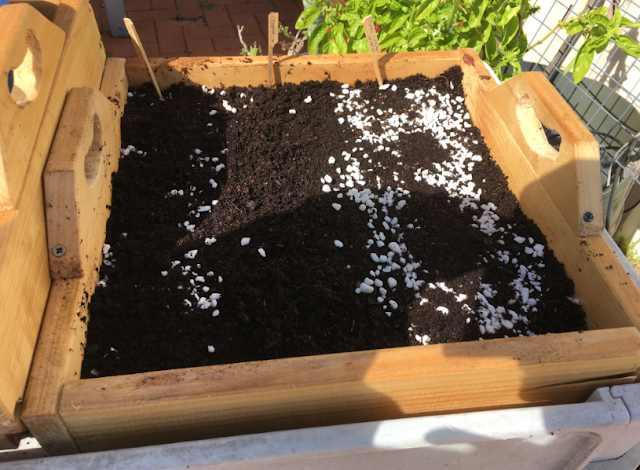Friday 16 October is World Food Day
This years World Food Day marks the 75th Anniversary of the founding of FAO, with a view to looking towards the future we need to build together and the theme
“Grow, nourish, sustain. Together. Our actions are our future.”See the promotional video here
This week I read James Rebanks' book "English Pastoral- an Inheritance". It is the story of three generations of farmers, who succumb to the pressures of industrial farming, only to discover that monoculture and poisons and chemical fertilisers are killing the life in the soil and the birds and insects around them. Rebanks points to the insidious work of supermarkets which consistently drive down the price paid to the farmer, which makes the farmer take these drastic measures. He is now in the business of trying to restore habitat and work regeneratively, but economic pressures make it necessary to do this by working off the farm.
All of this points to the BIG issue we are facing -our economies and our agriculture are going to destroy the fertility of the land, and change the climate for generations unless we do something about it.
That is why World Food Day is pointing out that we need to make agriculture 'sustainable' for the future. They ask us all to do three things -choose LOCAL, choose SEASONAL and Grow Food at Home.
Did you know that the World Food Program won the Nobel Peace Prize this year?

Now, I am one of those lucky people who have both the land and the time to grow some of my food here. This plate contains beetroot, lettuce and asparagus from the garden, and the other things are bought where possible from independent grocers who source the produce from local growers. Sadly in the last two weeks one of our independent fruit and vegetable shops was forced to close -the owner of the property put the rent up, and so they closed, and the little local shopping centre near me is left with a monopoly of a large supermarket which has been found, over the years, to have done things like try to pass off as fresh bread stuff which was made in Ireland (yes, really) and frozen and sent by ship to Australia and then warmed up in store! They have their 'own brand' eggs -some of which come to Perth from Queensland -on trucks -a journey of over 3000km! They push the price of milk so low that dairy farmers are leaving the industry in large numbers.
I have been inspired by podcasts about regenerative farming. I have begun turning over a patch of land near the street -now under brick paving -back into garden as a result of watching this Ted Talk about "Planting the Rain" in Tuscon . I am taking up a few bricks at a time, and will heavily mulch over the summer and then plant native plants when the autumn rains arrive in about May next year. (Remember, we are southern hemisphere).
The bees on my nectarine are so happy -but if the world heats up much more, and if we keep on using pesticides -we may kill off the bees and then what will we do for food? We are dependent upon a web of life -yet we seem determined to blow it apart and expect it still, somehow, to support us all.
This week the enviromental journalist Sir David Attenborough was reported to have said "Speaking personally and frankly, we are going to have to live more economically than we do. And we can do that and, I believe we will do it more happily, not less happily. And that the excesses the capitalist system has brought us, have got to be curbed somehow.". "That doesn't mean to say that capitalism is dead and I'm not an economist and I don't know. But I believe the nations of the world, ordinary people worldwide, are beginning to realise that greed does not actually lead to joy." Read more here
Happy World Food Day -may we all learn the limits of our greed and start taking care of this one earth on which we all depend.












